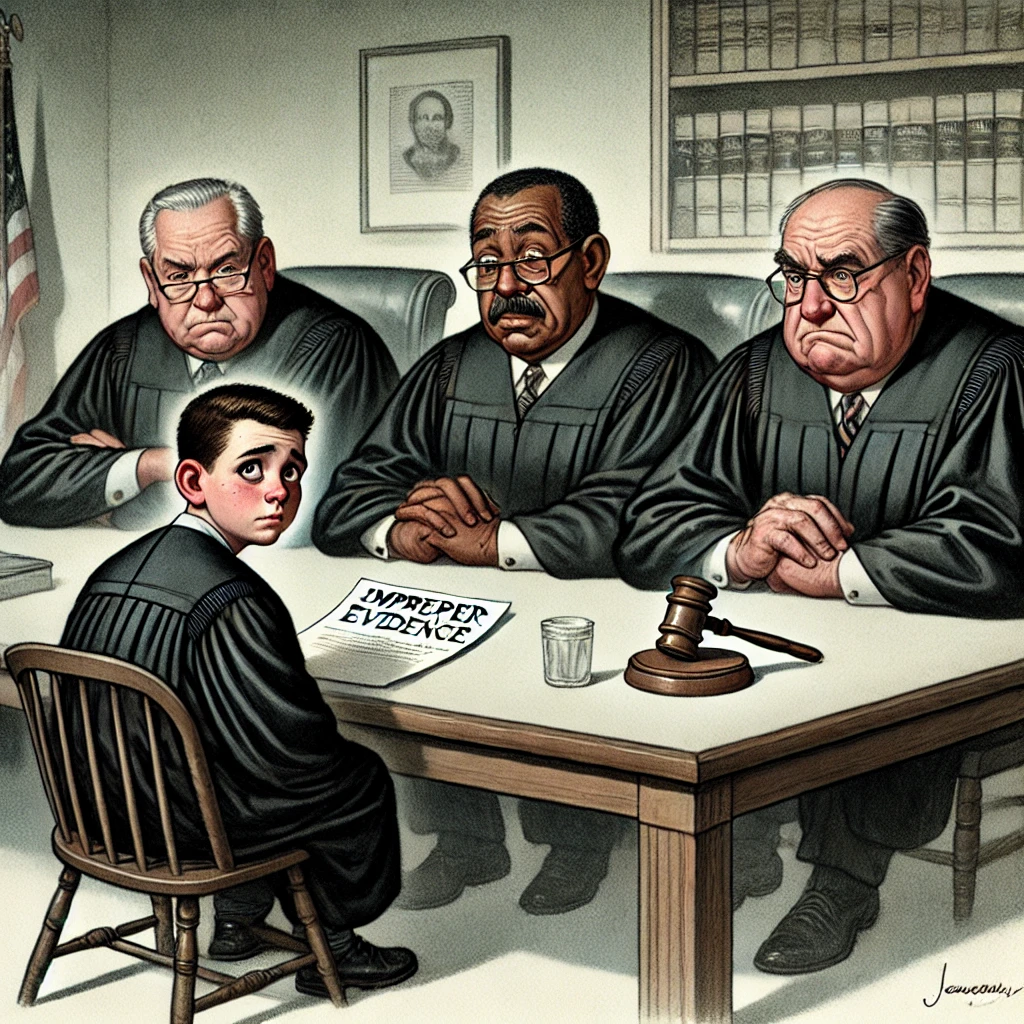
A $10M sexual harassment verdict was reversed in Odom v. Los Angeles Community College District (D2d8., Apr. 7, 2025, No. B327997) because the judge allowed the plaintiff to prove her case using improper “me-too” evidence. But don’t get the impression that a verdict is likely to get reversed just because of a bad evidentiary ruling. The trial judge’s rulings, and then subsequent demeanor, were really bizarre.
In addition to plaintiff community college professor’s claims of repeated lewd comments and proposals from defendant co-worker, Dr. Irvin, plaintiff’s counsel also offered the “me-too” evidence of a student. When Dr. Irvin and the community college district objected, the judge reasoned, “Let’s say I have a daughter, college age, and she wants to decide where am I going to go to college. Okay. Is this information that you would like her to have? … [I]t does seem to be relevant on that.”
In this, the Court of Appeal concluded, the trial judge had lost the plot. The effect of evidence on a prospective young female student is not the standard for relevant to a co-worker’s claim for sexual harassment. These comments, rather, showed that “Judge Draper appeared to become emotional and repeatedly described the personal effect the testimony had on him as a grandfather.”
Judge Draper also made a number of other bizarre and gratuitous remarks, including:
Judge Draper explained he made all these remarks in celebration of how far we’ve come as a society. But reminded that there was no racial issue in the case, he acknowledged “it doesn't have meaning for this case except that we're all a part of the world.”
These remarks—all made posttrial—led to Judge Draper’s being disqualified from hearing the posttrial motions.
Reversing the verdict, the Court of Appeal acknowledged that there was substantial evidence to support the verdict, but that was especially so because of “the extensive irrelevant and prejudicial evidence that never should have been admitted.”
The court also held that the trial judge suggested to the jury an improper factual inference. Plaintiff testifed that someone slid two newspaper articles under her door about some of Dr. Irvin’s past conduct. There was never a suggestion that Dr. Irvin slid the articles under the door. Suggesting otherwise was “an impermissible act of judicial advocacy.”
Plaintiff had a lot of evidence to support a verdict in her favor. Usually that will mean that, even if some improper evidence was admitted, the result would have been the same anyway. So why did the court reverse? Three reasons:
The next time a judge goes your way on iffy evidence, don’t go overboard with it. Possibly if the improper evidence here didn’t go on for over half a day—and if it had some plausible relevance to the case—the result might have been different.